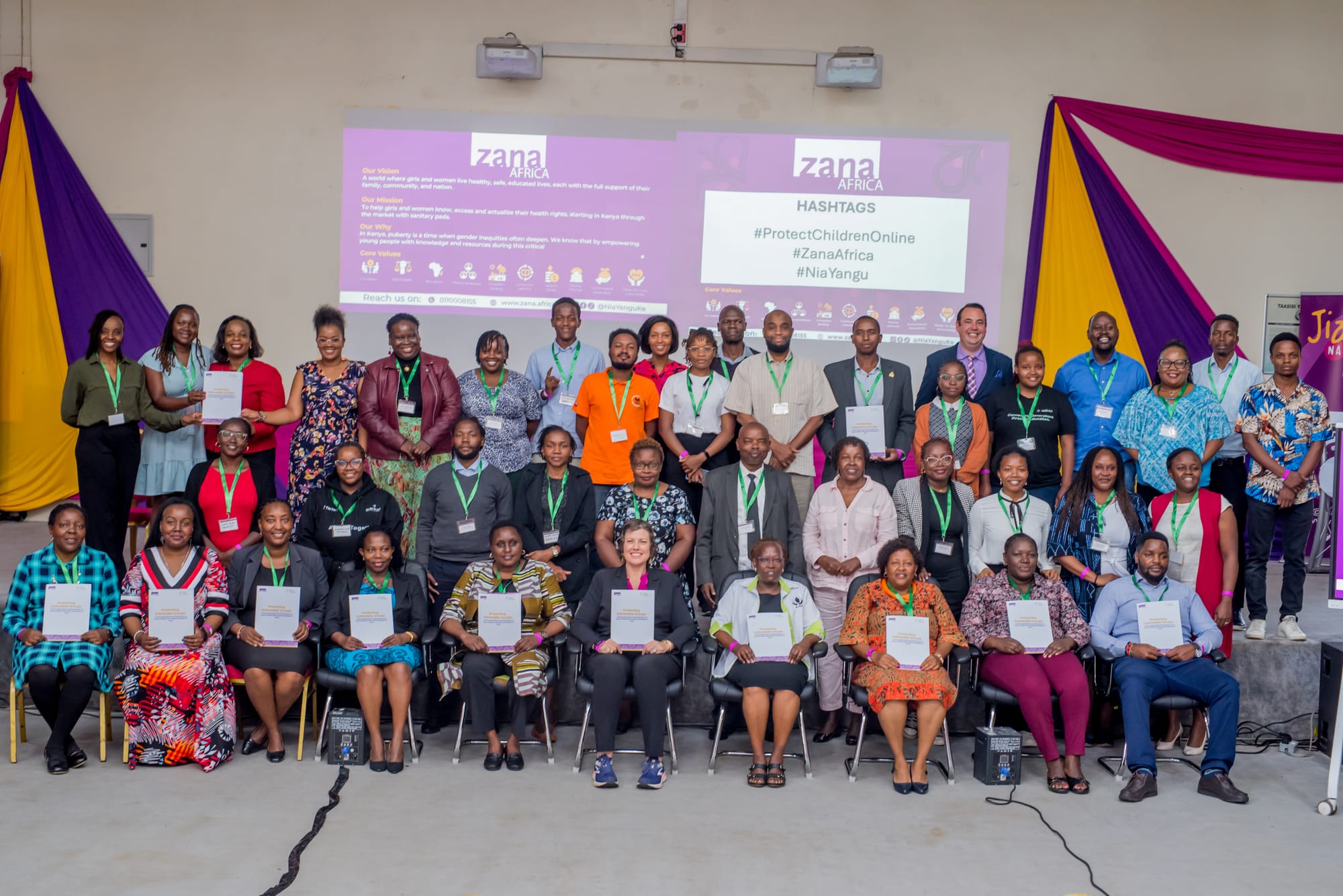
ZanaAfrica, with support from The Tech Coalition Safe Online Research Fund, commissioned a study to explore the risk of online sexual exploitation and abuse (OCSEA) among children and youth with mild to moderate intellectual disabilities in Kenya. Based on the perspectives of over 150 children, adults and stakeholders, the research recommended that the tech industry, government and communities each have a role to play to combat OCSEA.
For the tech industry:
1. Ensure the full and meaningful participation of children and youth with intellectual disabilities in all processes, including co-creation of trust and safety programs for children with intellectual disabilities.
2. Conduct additional targeted implementation research on OCSEA to fill the existing gaps.
3. Develop accessible protection and sensitization resources that can easily be understood by children and youth with intellectual disabilities, their parents and caregivers.
4. Improve age verification systems to prevent children from accessing inappropriate content.
5. Strengthen content moderation, trust and safety mechanisms on an ongoing basis in order to to continuously detect, mitigate and prevent potential OCSEA risks.
6. Develop accessible apps that are specifically designed for children.
7. Ensure that digital products and platforms adhere to universal design.
8. Engage with and actively apply solutions that have been developed by local tech communities working on these issues.
For government:
1. Create awareness, sensitize, empower and build the capacity of parents, caregivers, guardians and educators .
2. Develop laws, policies, guidelines, and standards on OCSEA.
3. Strengthen complaint, investigation and justice mechanisms on OCSEA
4. Strengthen victim support programs.
5. Implement teacher training on child rights, child protection, and OCSEA through trauma-informed approaches.
For communities and partner organizations:
1. Co-create sensitization programs with children and youth.
2. Enhance parent and caregiver support with more information, tools and techniques, and safer, more friendly and useful websites and apps.
3. Develop peer engagement mechanisms.
4. Establish safe spaces and safe people in communities through churches, mosques, sports grounds, marketplaces and street posters, among others.
By implementing measures recommended by the study participants, Kenya can lead the way in ensuring a safer online environment for all children, particularly those with intellectual disabilities. You can read the report and its summary here:


